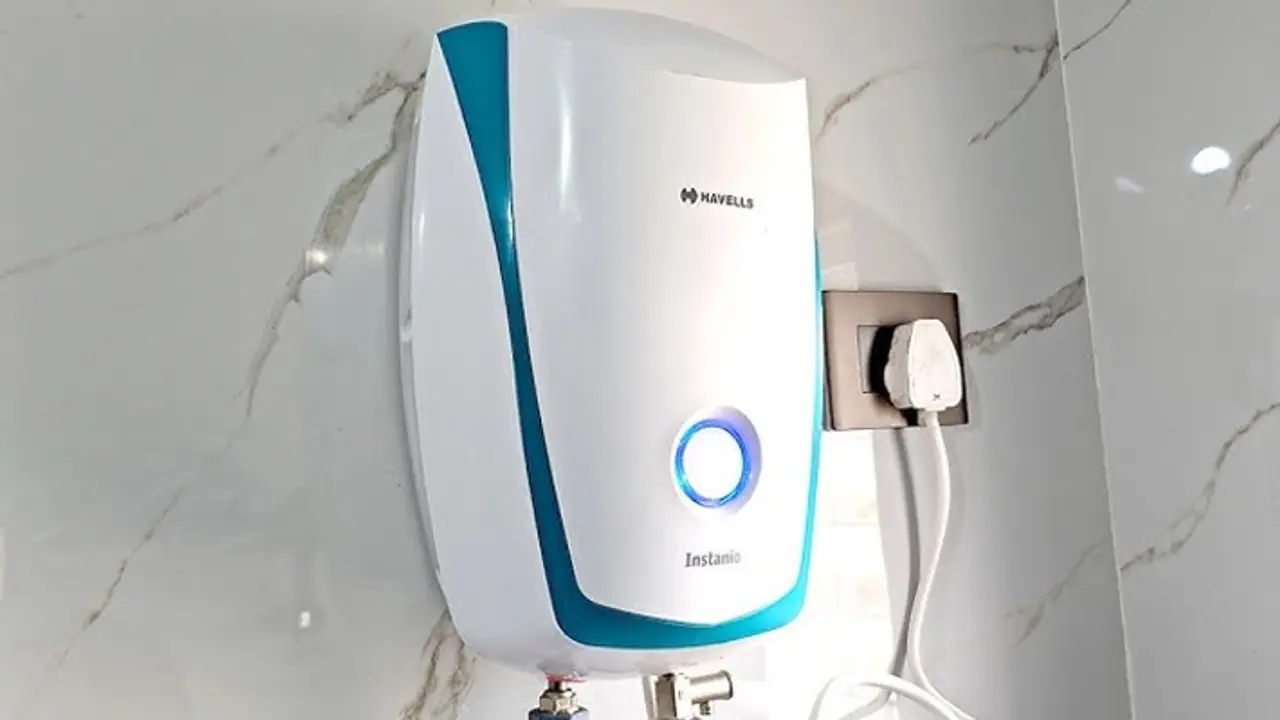Beat the winter chill with our geyser buying guide. Learn how to choose the right size, type, and energy rating for optimal warmth and energy savings. Prioritize safety features and trusted brands for a worry-free winter.
Winter is here, and in North India, the cold has peaked, with temperatures dropping to as low as 0 to 3 degrees Celsius in regions like Delhi and NCR. During this period, a geyser becomes essential for providing hot water for bathing and other domestic tasks. However, if you don't prepare ahead, a geyser may dramatically raise your utility costs. Before you buy one, you should know these things.

Your power usage may be directly impacted by the size and kind of geyser you select:
- Household size matters: You could choose an immediate or mid-sized geyser if your household is smaller. Despite its aesthetic appeal, a bigger geyser will use more electricity than necessary.
- Instant vs. Storage Geysers: Choose an instant geyser if you require modest amounts of hot water quickly. A standard geyser will function well for bigger water storage.
When choosing a geyser, safety should be first:.
- Always pick a geyser with an automated cut-off option. By preventing overheating, this function lowers power usage while maintaining safety.
- Avoid mishaps: The danger of overheating and possible explosions is greatly decreased by geysers equipped with safety mechanisms like auto-cut.
Your electricity rates might vary significantly depending on power usage ratings:
- Choose geysers with a 5-star power rating since they are very energy-efficient and use less electricity while still performing at their best.
- Go green: In addition to saving money, a higher power rating is better for the environment.
Trust is important when it comes to geysers:
- Select only well-known brands: Reputable brands provide superior quality and longevity. They also help you conserve power.
- Steer clear of local brands: Local brands may be less expensive, but they could sacrifice quality and safety, which could eventually pose problems.
